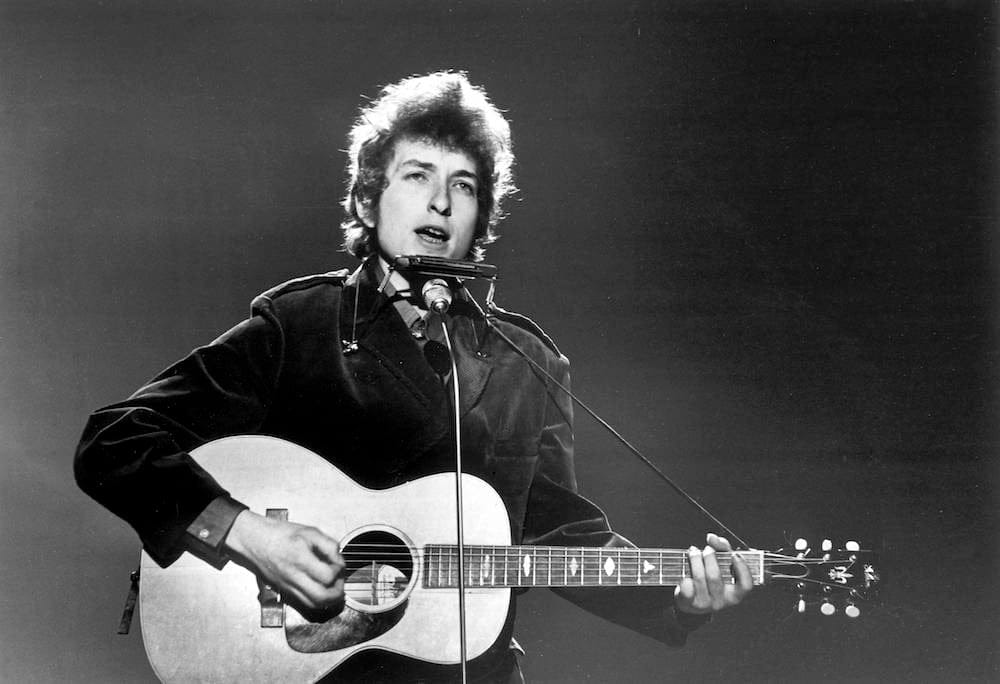In an announcement that surprised many, singer/songwriter Bob Dylan was awarded a Nobel Prize in Literature for “having created new poetic expressions within the great American song tradition.”
The award considered the entirety of his career, from recent releases “Beyond Here Lies Nothin’” to countless classics spanning back to “Blowin’ in the Wind” and “Like a Rolling Stone.”
Dylan, 75, is the first American to win the award since author Toni Morrison in 1993, and he beat out international favorites like Haruki Murakami, Ngugi wa Thiong’o, and Philip Roth.
BREAKING 2016 #NobelPrize in Literature to Bob Dylan “for having created new poetic expressions within the great American song tradition” pic.twitter.com/XYkeJKRfhv
— The Nobel Prize (@NobelPrize) October 13, 2016
Sara Danius, the Swedish Academy’s permanent secretary, explained the decision of a songwriter rather than a fiction writer:
“If you look back, far back, 2,500 years or so, you discover Homer and Sappho and they wrote poetic texts that were meant to be listened to, that were meant to be performed, often with instruments — and it’s the same way with Bob Dylan.”
"He can be read and should be read, and is a great poet in the English tradition" https://t.co/g7CnFBlkNB
— The Nobel Prize (@NobelPrize) October 13, 2016
Even so, many netizens were confounded by the decision, prompting a typically acerbic slew of tweets:
Bob Dylan wins the Nobel Prize for Literature? What's next, Derek Jeter wins a Tony for his rice pilaf???
— rob delaney (@robdelaney) October 13, 2016
I really hope someone asks Bob Dylan "How does it feel?"
— Pundamentalism (@Pundamentalism) October 13, 2016
I am shocked that @bobdylan has beat me to the #NobelLiteraturePrize I suppose there is always next year.
— David Walliams HQ (@davidwalliams) October 13, 2016
https://twitter.com/retrocrush/status/786568424386289665
But as CNN pointed out, Dylan’s legacy extends beyond songwriting: “Dylan’s music and lyrics spoke to a generation of people during the tumultuous 1960s and helped galvanize the civil rights movement.
His influence continues to permeate through rock, pop and folk music today.”

